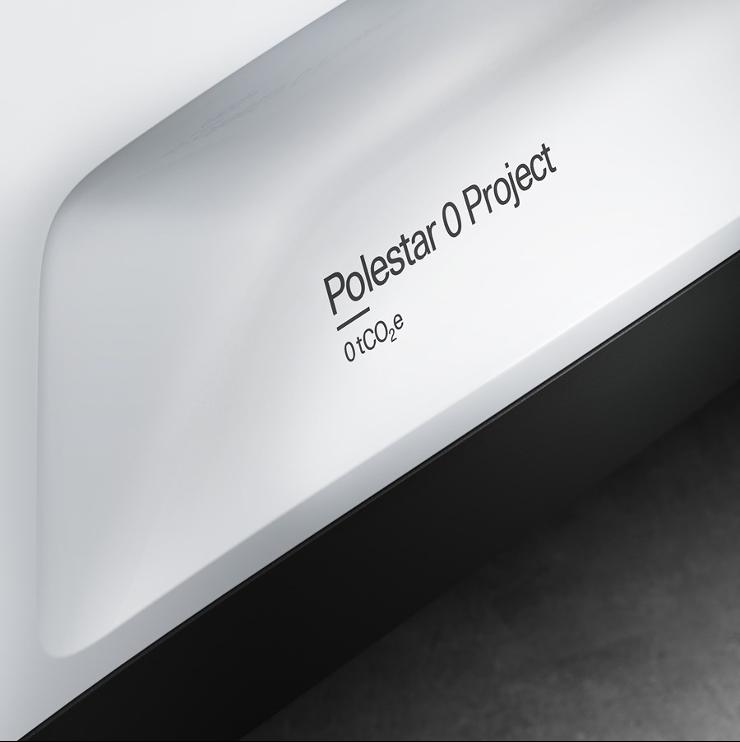
2 minute read
PLEDGE ON ZERO
Cars determined urban design, image and experience. So a new kind of car also means we need to form a new vision of public space: a new kind of car will change society where its users live and work, as well as how cities are built. Everything is changing because of this technology, and Polestar wants to take on full responsibility and to be part of that change. Thus, sustainability has been defined as key driver in the design and engineering philosophy of Polestar: to make cars that contain more recycled material, last longer, and are utilised to a higher degree.
REDEFINING A CORE VALUE: PROGRESSIVE PERFORMANCE
Advertisement
A sustainable future implies that 'performance' has to be redefined and embodied without compromise. That goes for the Polestar company as well as the product. Polestar is a small company that sees itself as part of climate solutions, so it needs to grow to make more positive impact. The design challenge is, therefore, to decouple that growth from negative social or environmental impact. In other words, a new form of performance that moves away from high consumption. Pure progressive performance.
PROJECT ZERO. AND ZERO MEANS ZERO.
In 2021, Polestar announced 'The 0 Project': the target to release a so-called climateneutral vehicle by 2030. A car that not only doesn't release any CO2 while in use, but also throughout its lifetime. To achieve that moonshot goal, supply-chain sustainability needs to be seen as a must, not as an option. All parts of Polestar's supply chain must reach the proper targets without resorting to offsetting by tree-planting and relying on the CO2 intake of crops. For Project 0 to be more than just a big, hairy, audacious goal, the car will have to leave the factory gates with a zero-carbon footprint.
FULL TRANSPARENCY, DRIVEN BY DATA
Polestar, aiming to set a much-needed new standard in the industry, is completely transparent about their methods and progress towards their climate-neutral future. They go so far upstream as to include everything that is needed to make a car: every single step along the way from the mining field to the port to when the car is delivered to the customer, and all the way up to the product's end-of-life.
INTEGRAL THINKING, DOWNSTREAM & UPSTREAM
A framework of 100+ initiatives, divided into a short to long-term roadmap, has been implemented to make Project 0 a reality. From ethical work principles to supply chain traceability and sustainability labelling, transparency is a key enabler to making real world progress. Polestar wants to make that possible via blockchain-based data on all materials throughout its entire supply chain. Polestar started by assessing scarce materials – for example, cobalt can now be traced from ethical mines to the factory gate using blockchain. More risk materials are set to follow. The new Precept model is being hailed for its use of recycled aluminium as well as its use of 100% recycled plastic for the car's interiors.
LONGEVITY: REPAIR, REMANUFACTURE, REPURPOSE, RECYCLE
A car is a long-lasting consumer good. You will replace your computer and your telephone far more often than your car. Designing a product for forever is very difficult. It is also really difficult to keep a system open enough that you can upgrade it forever. At some point, it just doesn't make economic sense anymore, because it would be better to simply rebuild the whole thing. When striving for more longevity, one major step is that the electronics and software in the car need to become updateable so as to make sure that the car doesn't 'feel' old too early when the mechanics and everything else are still working very well.







